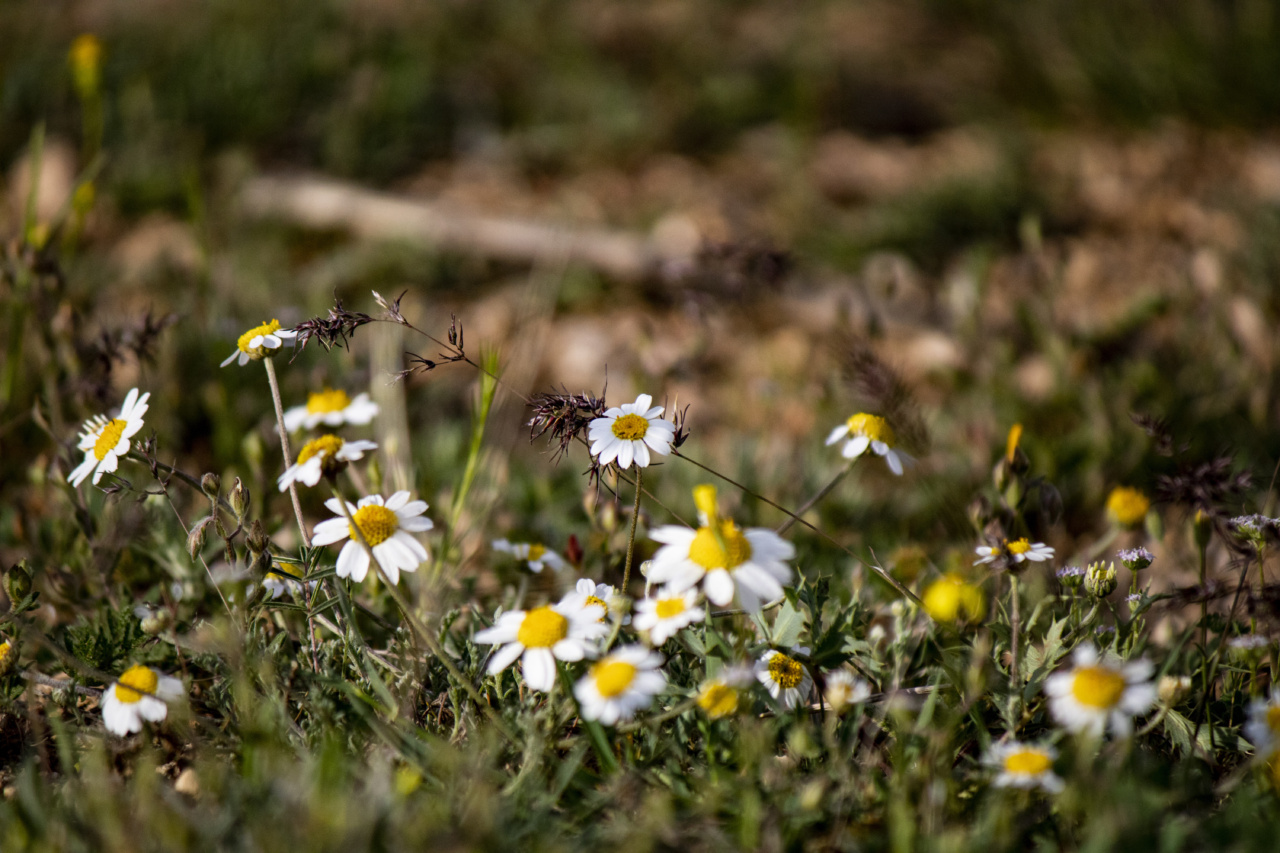Hypertension, commonly known as high blood pressure, affects millions of people worldwide and can lead to serious health issues if left untreated.
While medication is commonly prescribed to manage hypertension, many individuals are turning to natural remedies to help regulate their blood pressure levels. In this article, we will explore five powerful herbs that have been shown to be effective in helping lower blood pressure naturally.
1. Garlic
Garlic, with its pungent aroma and distinct flavor, has been used for centuries for its medicinal properties. It contains a compound called allicin, which has been found to have a positive impact on blood pressure levels.
Allicin helps relax blood vessels, allowing for better blood flow and reducing the risk of hypertension.
Studies have shown that consuming garlic regularly can help lower systolic and diastolic blood pressure readings. It is recommended to eat one or two cloves of fresh garlic daily to harness its antihypertensive properties.
Alternatively, garlic supplements, available in the form of capsules or tablets, can also be taken after consulting with a healthcare professional.
2. Hawthorn
Hawthorn, a small shrub with berries and flowers, has been used in traditional medicine to treat various cardiovascular conditions, including hypertension.
It is rich in flavonoids, which have antioxidant properties and aid in widening blood vessels, resulting in improved blood flow and lower blood pressure.
Research suggests that hawthorn extract may be effective in reducing both systolic and diastolic blood pressure. It is often available in the form of capsules, teas, or tinctures.
However, it is important to consult with a healthcare provider about the appropriate dosage and potential interactions with any existing medications.
3. Hibiscus
Hibiscus, known for its vibrant flowers, has long been used as a herbal remedy for hypertension. This beautiful plant is rich in anthocyanins and polyphenols, which are known to have antioxidant and antihypertensive properties.
Several studies have demonstrated the effectiveness of hibiscus in reducing blood pressure levels. Drinking hibiscus tea regularly has been linked to lower systolic and diastolic blood pressure readings.
To prepare the tea, steep hibiscus flowers in hot water for a few minutes and enjoy it both hot or cold. Hibiscus supplements are also available, but it is best to consult with a healthcare professional before incorporating them into your routine.
4. Turmeric
Turmeric, a spice commonly used in Indian cuisine, is renowned for its health benefits. Curcumin, the active compound in turmeric, has potent anti-inflammatory and antioxidant properties.
These properties are believed to play a role in reducing blood pressure levels.
Studies have shown that curcumin supplementation can help lower blood pressure, particularly in individuals with hypertension. Including turmeric in your diet or taking curcumin supplements can be beneficial for managing blood pressure.
However, it is important to note that turmeric may interact with certain medications, so it is essential to consult with a healthcare professional before starting any new supplementation.
5. Ginger
Ginger, a well-known spice with a range of medicinal properties, has also shown promise in reducing blood pressure. It contains compounds called gingerols, which have been found to help relax blood vessels and improve blood flow.
Multiple studies have indicated that ginger supplementation can lead to significant reductions in both systolic and diastolic blood pressure readings. Ginger can be consumed fresh, in the form of ginger tea, or as a supplement.
As always, it is crucial to speak with a healthcare professional before integrating ginger supplements into your routine, especially if you are currently taking blood pressure medication.
While these herbs have demonstrated potential in managing hypertension, it is important to remember that they should not replace prescribed medication.
Natural remedies can be used as complementary therapies alongside medical treatment, under the guidance of a healthcare professional. Additionally, individuals with underlying medical conditions should exercise caution and consult with their healthcare provider before incorporating these herbs into their routine.
Remember, monitoring blood pressure regularly and maintaining a healthy lifestyle with a balanced diet, regular exercise, stress management, and adequate sleep can all contribute to overall cardiovascular health.
These herbal remedies can serve as valuable additions to a holistic approach in managing hypertension.






























